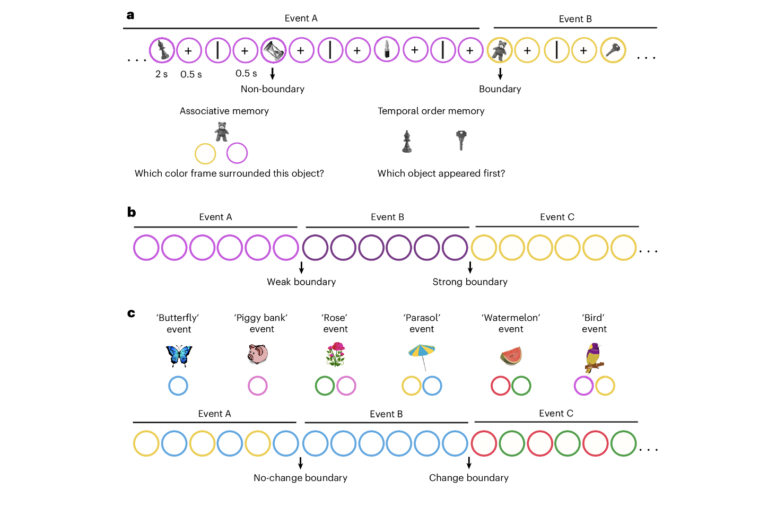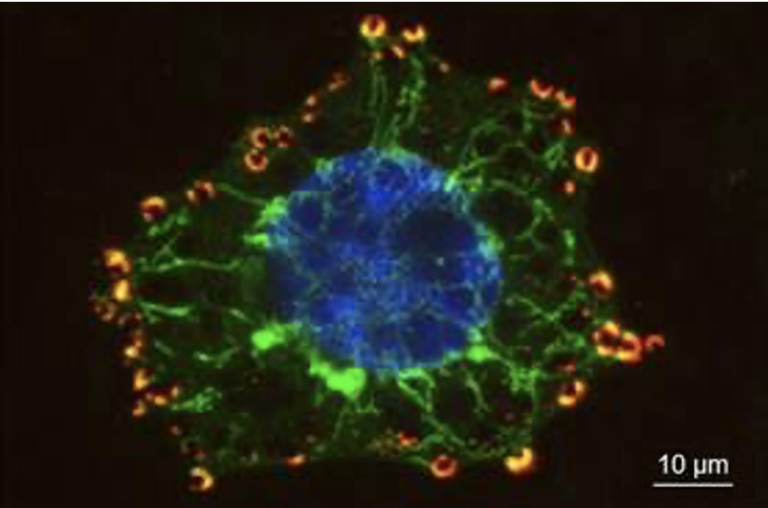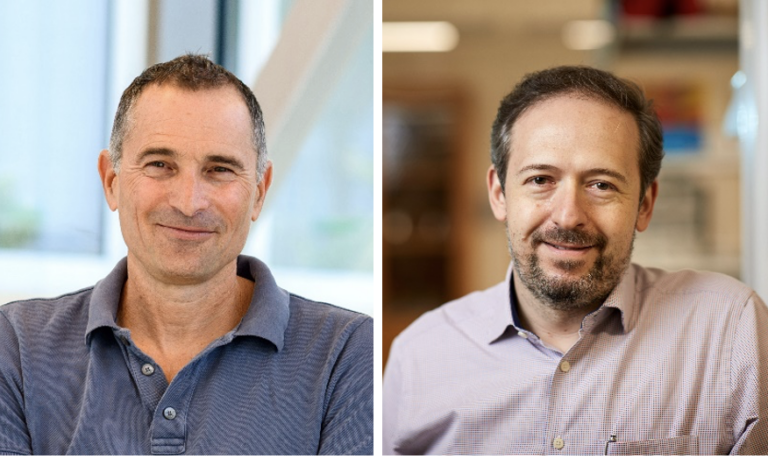Femmes et sciences, Israël : La doctorante Keren Yizhak (Université de Tel Aviv) et des chercheurs de Bar-Ilan développent un algorithme qui désactive les gènes du vieillissement

[:fr]Stopper le processus de vieillissement en imitant la restriction calorique. C’est ce qu’a réussi à faire la doctorante Keren Yizhak à l’école d’informatique Blavatnik de l’Université de Tel Aviv (laboratoire du Pr Eytan Ruppin) avec ses collègues et des chercheurs de l’Université de Bar-Ilan, le Dr Haim Cohen et l’étudiant en maîtrise Orshay Gabay. Keren Yizhak a mis au point un algorithme informatique (metabolic transformation algorithm) qui identifie les gènes pouvant être « éteints » pour créer le même effet anti-vieillissement que la restriction calorique.
On sait en effet, que la restriction de la consommation de calories est l’un des rares moyens éprouvés pour lutter contre le vieillissement. Bien que le mécanisme sous-jacent soit inconnu, il a été démontré que la restriction calorique prolonge la durée de vie des levures, des vers, des mouches, des singes, et dans certaines études, des humains. Cette recherche pourrait mener au développement de nouveaux médicaments pour traiter le vieillissement.
« La plupart des algorithmes tentent de trouver des cibles de médicaments qui tuent les cellules pour traiter le cancer ou les infections bactériennes » explique Keren Yizhak. « Notre algorithme est le premier dans notre domaine qui recherche des cibles médicamenteuses qui ne tuent pas les cellules, mais qui leur font retrouver une bonne santé à partir d’un état pathologique. » L’algorithme de Keren Yizhak, qu’elle a baptisé « algorithme de transformation métabolique » ou MTA, peut prélever des informations sur les deux états métaboliques et prévoir les changements environnementaux ou génétiques nécessaires pour passer d’un état à l’autre.
Le Laboratoire du Pr Ruppin est chef de file dans le domaine en pleine expansion de la modélisation du métabolisme à l’échelle du génome (GSMMs). A l’aide des mathématiques et de l’informatique, les GSMMs décrivent le métabolisme qui sous-tend la vie et les processus des cellules vivantes. Une fois construit, les différents modèles servent de laboratoires numériques, permettant à des tests auparavant laborieusement menés à la main d’être effectués avec un simple clic de souris.
Travaux publiés dans Nature Communications, 24 oct. 2013.
Lire dossier complet dans le magazine Israël Science Info [:en]Computer algorithm developed by TAU and Bar-Ilan researchers identifies genes that could be transformed to stop the aging process
Restricting calorie consumption is one of the few proven ways to combat aging. Though the underlying mechanism is unknown, calorie restriction has been shown to prolong lifespan in yeast, worms, flies, monkeys, and, in some studies, humans.
Now Keren Yizhak, a doctoral student in Prof. Eytan Ruppin’s laboratory at Tel Aviv University’s Blavatnik School of Computer Science, and her colleagues have developed a computer algorithm that predicts which genes can be « turned off » to create the same anti-aging effect as calorie restriction. The findings, reported in Nature Communications, could lead to the development of new drugs to treat aging. Researchers from Bar-Ilan University, Dr Haim Cohen and MSc student Orshay Gabay collaborated on the research. « Most algorithms try to find drug targets that kill cells to treat cancer or bacterial infections, » says Keren Yizhak. « Our algorithm is the first in our field to look for drug targets not to kill cells, but to transform them from a diseased state into a healthy one. »
A digital laboratory
Prof. Ruppin’s lab is a leader in the growing field of genome-scale metabolic modeling or GSMMs. Using mathematical equations and computers, GSMMs describe the metabolism, or life-sustaining, processes of living cells. Once built, the individual models serve as digital laboratories, allowing formerly labor-intensive tests to be conducted with the click of a mouse. Keren Yizhak’s algorithm, which she calls a « metabolic transformation algorithm, » or MTA, can take information about any two metabolic states and predict the environmental or genetic changes required to go from one state to the other. « Gene expression » is the measurement of the expression level of individual genes in a cell, and genes can be « turned off » in various ways to prevent them from being expressed in the cell. In the study, Keren Yizhak applied MTA to the genetics of aging. After using her custom-designed MTA to confirm previous laboratory findings, she used it to predict genes that can be turned off to make the gene expression of old yeast look like that of young yeast. Yeast is the most widely used genetic model because much of its DNA is preserved in humans.
Some of the genes that the MTA identified were already known to extend the lifespan of yeast when turned off. Of the other genes she found, Keren Yizhak sent seven to be tested at a Bar-Ilan University laboratory. Researchers there found that turning off two of the genes, GRE3 and ADH2, in actual, non-digital yeast significantly extends the yeast’s lifespan.
« You would expect about three percent of yeast’s genes to be lifespan-extending, » said Keren Yizhak. « So achieving a 10-fold increase over this expected frequency, as we did, is very encouraging. »
Hope for humans
Since MTA provides a systemic view of cell metabolism, it can also shed light on how the genes it identifies contribute to changes in genetic expression. In the case of GRE3 and ADH2, MTA showed that turning off the genes increased oxidative stress levels in yeast, thus possibly inducing a mild stress similar to that produced by calorie restriction.
As a final test, Keren Yizhak applied MTA to human metabolic information. MTA was able to identify a set of genes that can transform 40-to-70 percent of the differences between the old and young information from four different studies. While currently there is no way to verify the results in humans, many of these genes are known to extend lifespan in yeast, worms, and mice.
Next, Keren Yizhak will study whether turning off the genes predicted by MTA prolongs the lifespan of genetically engineered mice. One day, drugs could be developed to target genes in humans, potentially allowing us to live longer. MTA could also be applied to finding drug targets for disorders where metabolism plays a role, including obesity, diabetes, neurodegenerative disorders, and cancer.
[:]







